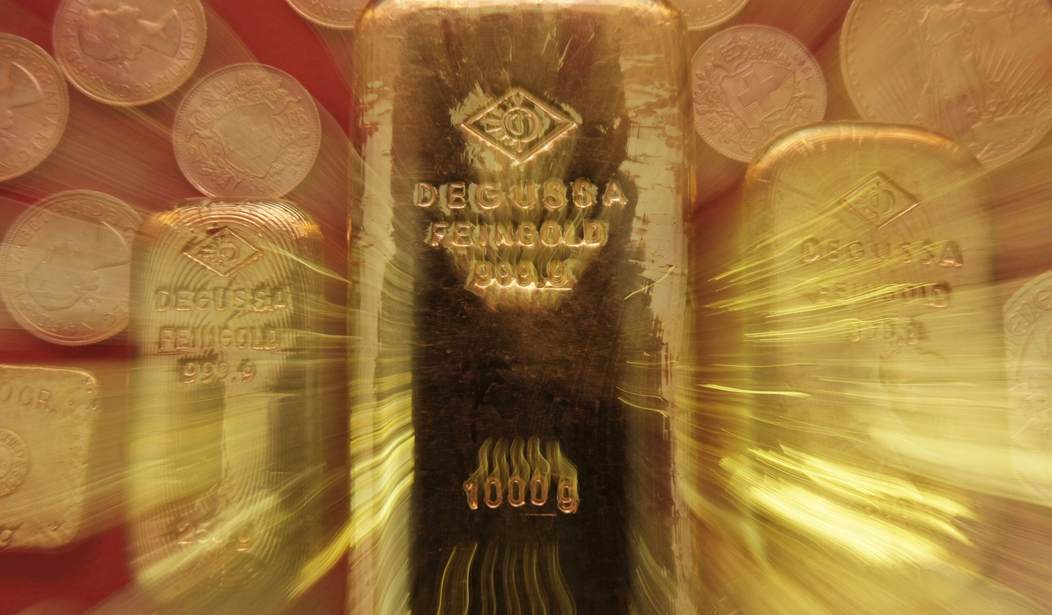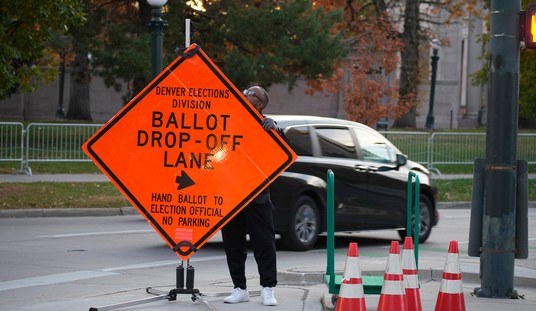The Democrats are set to pass yet another big-spending bill they claim is COVID-19 relief. As with previous bills during the pandemic, there’s less COVID relief in it and a whole lot of other things that have nothing to do with helping Americans struggling through the pandemic. It’s packed with reckless spending that will typify the Democrats’ control of Washington over the next couple of years.
The very first congressional COVID “relief” bill struck me as big spenders treating it as a genie jumping out of a Christmas tree. That was the $2.2 trillion CARES Act, passed in late March 2020. It was less targeted relief for the pandemic and its lockdowns and unemployment than Congress seeing the opportunity to have all its spending wishes fulfilled at the expense of future generations.
The House has passed its $1.9 trillion bill this past week. It faces an uncertain future in the evenly divided Senate. Supposing it passes, that will be more than $4 trillion spent in the past year just on so-called relief, which is less relief than Congress using the true crisis to go on a series of spending binges.
Congress acts as if this massive, unimaginable federal spending will not have any negative consequences, but it almost certainly will. Something that cannot go on forever will not go on forever. Massive, unchecked, and irresponsible federal spending cannot go on forever without an almost Newtonian reaction. For every physical action, Sir Isaac Newton discovered, there’s an equal and opposite reaction. While that applies to physics, we see it work out in politics, too. For every policy proposal there’s always pushback. Every time Congress intervenes in the economy, there are consequences. Raising the minimum wage gives some workers raises and costs others their jobs and the value of the dollar overall may decline as employers pass their new costs on to consumers. What’s the reaction to the world’s currency being printed by the trillion mainly to bail out blue states that haven’t spent responsibly in decades, other than wearing out the printing presses?
Help us STOP Joe Biden’s radical agenda by becoming a PJ Media VIP member. Use promo code AMERICAFIRST to receive 25% off your VIP membership.
One reaction we’re already seeing is the move to Bitcoin. As federal spending has ramped up and up, so has the value of the digital cryptocurrency. One year ago, a single Bitcoin was worth about $8,500. Now it’s over $43,000 and has reached a stratospheric $50,000. This explosive increase of well over 400% in a single year reflects both a growing faith in digital crypto as it goes mainstream and a fear that the dollar may be subject to inflation or even hyperinflation thanks to the continued weakness in the U.S. economy and the feds’ mad spending spree. Crypto may be a viable safe harbor against overspending and inflation now thanks to its designed scarcity. Crypto is also subject to volatility. A given cryptocurrency can be launched into orbit on a couple of Elon Musk tweets, such as Dogecoin (DOGE-USD) has been in recent weeks.
Gold may be another beneficiary of the weakening faith in the dollar. One year ago an ounce of gold was worth $1,619. Today an ounce of gold is worth just under $1,800, but it topped $2,050 in 2020. Is there room for gold to go higher?
Gold has long been seen as a hedge against inflation, a place to park value in an intrinsically valuable precious metal in uncertain times.
The dollar’s value is based on scarcity and faith. The federal government essentially printing money and artificially distorting real estate and labor markets while hiding bailouts for overspending blue states in so-called relief erodes Americans’ faith in our central government. Printing dollars by the trillion removes scarcity. The Biden administration’s and Congress’ dubious behavior and political priorities further erode faith.
Actually allowing the private sector the freedom to create good jobs seems low on Biden’s list. His loose border policies militate against his stated wish to raise the minimum wage; both are likely to put more Americans out of work. The administration somewhat inexplicably bombed Syria last week, causing concerns in the Middle East just as the administration’s anti-domestic oil policies appear to be tightening the market and raising fuel prices. In this environment, gold could become a golden investment.
Forecasts for gold across 2021 are divided but positive overall: Some analysts such as BullionVault see it rising around 11% or so.
Twelve of the 32 analysts predict that gold will average $2000 or more across 2021. The median forecast for 2021 – with half of the forecasts above and half below – is $1965 per ounce.
2020’s annual average gold price beat the LBMA entrants’ consensus forecast of $1559 by 13.5%, the strongest beat in at least 15 years of the competition.
Others, such as gold processor Inca One Gold (OTC: INCAF), are much more bullish, seeing gold hitting $2500 or more on the back of inflation fears. Inca One Gold, which is more of a royalty company than a direct mining company, appears to be the first publicly-traded gold processor working under Peru’s new permitting, perhaps giving it something of a knowledge edge as Peru steps up and may become the world’s sixth-largest gold-developing country (it’s currently the eighth).
Gold quietly hit an all-time high per ounce in 2020. The dollar looks shaky and there is no other currency the world is likely to turn to. China’s growth is fragile, its numbers on economics and COVID are untrustworthy, its neighbors see it as a threat, and as the world takes notice of its heinous practices in Xinjiang against the Uighurs. Its yuan is very unlikely to displace the dollar as the world’s standard anytime soon. The yen, the pound, and the euro also face COVID and demographic headwinds. Crypto is growing in strength but remains incomprehensible to millions of Americans.
I’m not an investment adviser in any way; I’m an observer who doesn’t like the prospect of the 1970s economy returning. I remember those bad old days. Gold is something just about everyone understands as an investment. It’s a useful asset. Two things are for sure: Your crypto-backing friend has had a very good year, and we’re not likely to see commercials for all kinds of gold investing go away anytime soon.
Bryan Preston served as chief of staff at the Texas Railroad Commission, which regulates oil and gas production in the Lone Star State. He is the author of Hubble’s Revelations: The Amazing Time Machine and Its Most Important Discoveries. He’s a veteran, author, and Texan.









Join the conversation as a VIP Member